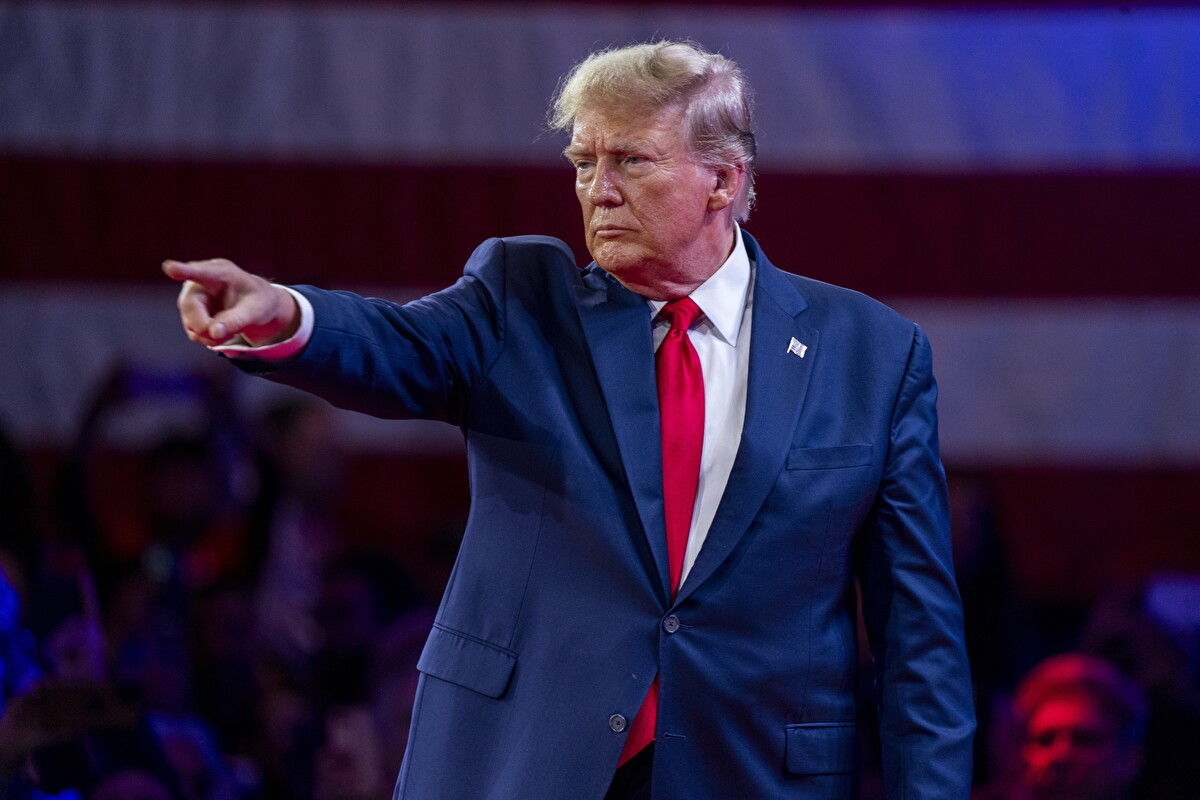There are many differences between the major industrial powers in the world and in the face of the pandemic we are experiencing, the type of responses, on a political-national as well as geopolitical level, are polarized (see for example China, UK, etc.).
Yet the USA and Italy, despite different constitutions and histories, seem to converge on a single political-narrative framework: decision-making centralization in the hands of a single person.
Beware, however, that decision-making centralization is not the same as individual exercise of executive power and, above all, without institutional control and / or balancing.

Let’s keep to facts.
Donald Trump is the President in the US: according to the US Constitution (art. 2, sec. 1, Constitution of 1787), in 2016, he was invested with executive power directly by the voters.
In Italy, on the other hand, Giuseppe Conte first received an assignment from the President of the Republic Mattarella to form the Government thus appointing it together with the Ministers (Article 92 of the Italian Constitution) in order to obtain the so-called “parliamentary trust” (art. 94 of the Italian Constitution).
Now, has the different constitutional framework of executive power given way to the strengthening, in the Covid era, of the “super-political” or “meta-political” objectives of the respective Trump and Conte?
In the first case, it is the constitutional instrument itself that wants it because the roots of the exercise of governmental power in the US already consider centralization of decision-making as indispensable; even, the latter, having to deal with other balances provided for by the US fundamental charter (such as, for example, the impeachment power of the House of Representatives and the relative judgment of the Senate).
In the second case, given that the executive-decision-making power is attributed to the Government, the constitutional instrument itself does not provide (rather than expressly prohibiting) the hypothesis of concentrating and centralizing, in fact, decision-making aspects that may have regulatory repercussions and impacts: fits the case of the Dpcm wanted per law decrees (art. 77 Italian Constitution). The latter sometimes confirm you and/or convert with amendments by Parliament.
Basically, having moved the Dpcm from the implementation-administrative plan towards a plan with regulatory-executive reflections, even if all dictated by the urgency of facing the pandemic emergency, would raise the question between “US system” and “Italy system” from another
analysis view.

To what extent is Italy slowly becoming American in terms of affirming a political presidentialism that does nothing else that mean weakness, compared to the current times, of the power structure in relation to concrete needs?
How much, on the other hand, the USA (regardless of Trumpism, as a political-social cross-section, and the future Biden settlement as Obama’s de facto heir) remain faithfully anchored, despite the geo-pandemic adversity, to the spirit of the Kennedy memory of Man for the State?
The issue seems crucial because it also affects the geopolitical approach.
It is no coincidence that a further difference in method can be found, again with regard to the executive power, in the management of international relations and the related process of execution of the agreements.
The US Constitution attributes to the President himself the “power” to enter into treaties subject to the “opinion” of the Senate alone (with a majority of 2/3) which is chaired, among other things, by the Vice President (arts. 1, sec. 3), US Constitution). In Italy, however, this power (especially in terms of political issues) is posthumous and is reserved to the entire Parliament consisting of the Chamber of Deputies and the Senate (Article 80 of the Italian Constitution).
This last passage suggests, therefore, that the timing and decision-making methods in terms of political response to citizens, even during the pandemic situation, are (for better or worse) based on the opposite structure which, more often than not, conditions also the process of immediacy and promptness in resolving the problem to be managed.
Here, in fact, the constitutional root comes into play: how appropriate or not it is for the people to elect their President rather than having them mediate by the parties, in Parliament, trust in the Government and the election of the one who in turn appoints the executive (obvious reference to the President of the Republic in Italy).
The will of the people, on the other hand, is not subject to a real accusation in a democratic order because the vote is sacred and is the precondition for the legitimate exercise of a given power.
It’s therefore necessary to find an answer to the most important question.
Is Covid putting the Italian constitutional system in crisis or is revealing only a chronic lack of a ruling class ready to compete (not surprisingly the high frequency of the Dpcm), like other advanced democracies (such as the USA), in terms of decision-making processes?
It’s no coincidence that Conte risks going down in history as a real political unicum which, in some ways, would make Palazzo Chigi (exploiting the imagination a little) a sort of armored value van while on the other side of the Atlantic Ocean the people decide during the pandemic situation.
But Conte has no faults for that. The Government, on the other hand, does (see the size of the Dpcm); all except that there are no more intriguing ambitions as goals of “meta-politics”.
We hope that Trump or Biden can remember that we owe them freedom so that we do not fall into the hands of chronic democratic devaluation.
Anyway, gratitude is based on the principle of moral debt.
Or rather “it should be founded” because, in the event that the respective public debt were to be conditioned by the opposite side of the globe, we would risk forgetting each other?
Illuminate was Abraham Lincoln who said “Just as I don’t want to be a slave, so I don’t want to be a master. This expresses my idea of democracy”.












